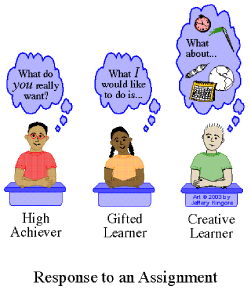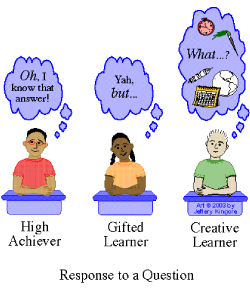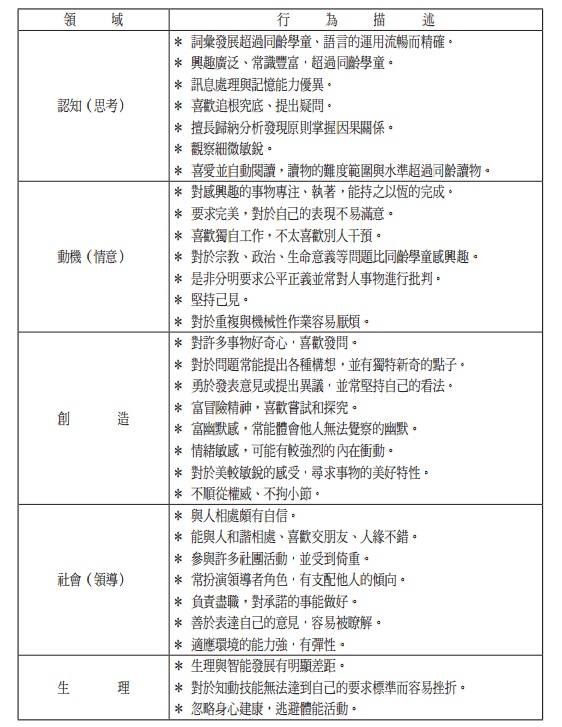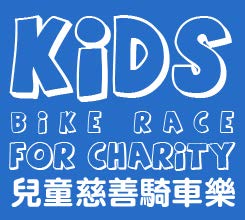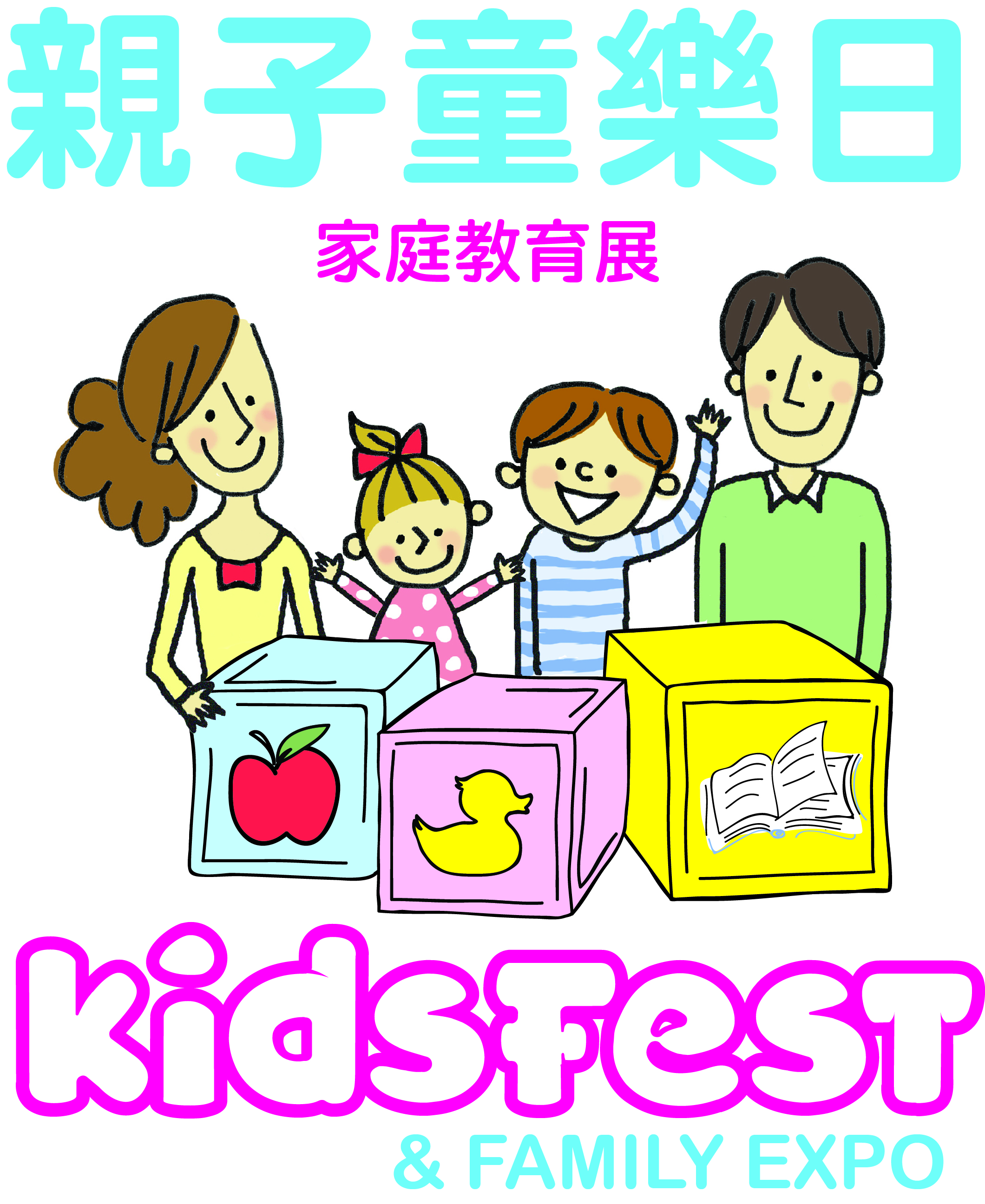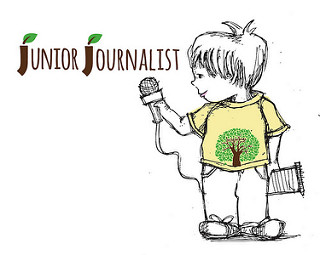兒童教育訪談系列 | Achieving Excellent in Teaching and Learning
智慧的父母--認識資優教育:如何分辨真正的資優生?
「資優生」這個徽章聽起來十分閃耀,可是硬幣也有兩面,資優不一定績優,而缺乏正確引導的資優生往往容易成為低成就者。所以家有資優兒的父母要更清楚自己所扮演的建設性角色是給予鼓勵、支持及經驗分享,倒不一定是知識的灌輸。資優教育的目的,是要提供資優生一個豐富的環境,讓他們接觸種種多元的學識、藝術、體育領域,在長時間浸淫涵養之後,讓孩子們逐漸發現自己的優勢與長才,也慢慢確立其信心。
資優兒眼中的世界與別人的不同,而他們的思想,行為和感情也都比較激烈。有人說,一個才華出眾的人(俗稱天才)看世界就像是透過一部電子顯微鏡,他們能看見別人看不到的,甚至別人無法想像的世界!
今期的丫丫園地,就讓我們一起來認識資優兒童的特色,和他們所需要的成長環境!
如何分辨真正的資優生?
資深教育家 Dr. Bertie Kingore 2004 年的研究發現,普遍定義的資優生往往涵蓋了好幾種聰明和成績好的學生,可是真正的資優生也不都是一模一樣的,Dr. Kingore 將這群與別不同的學生分為三大類:高成就學生、資優學生、創意式學生。
以下的圖表和卡通,就很能清楚地讓家長分辨出小朋友到底屬於哪類型:
三類資優學生:高成就學生、資優學生、創意式學生 High Achiever, Gifted Learner, Creative Thinker
閱讀原文:Read original article: www.bertiekingore.com/high-gt-create.htm
|
|||||||||||||||||||||||||||||||||||||||||||||||||||||||||||||||||||||||||||||||||
 IQ Ranges of Giftedness 資優學生智商分佈圖及人口比:
IQ Ranges of Giftedness 資優學生智商分佈圖及人口比:
IQ 115‐129 Mildly Gifted 智力較高:6人中一人,16%
IQ 130‐144 Moderately Gifted 中等資優:50人中一人,2.1%
IQ 145‐159 Highly Gifted 高度資優:1000人中一人,0.1%
IQ 160-174 Profoundly Gifted 極度資優:3萬人中一人,0.003%
IQ 175+ Exceptionally Gifted 完全資優:300萬人中一人,0.00003%
公立學校的資優生鑑別試 The OLSAT Test
目前大部分公立學校在小學三年級採用 OLSAT (Otis-Lennon School Ability Test)作為資優篩選和測試,被評定為資優的學生,其資格將一直載入他/她的學生檔案中,直至學生高中畢業為止,學生也可以自由報讀由學區轉為資優生提供的特別附加課程。
 測驗分21部分,共分為五大範圍,每項都各有語文和非語文題目:
測驗分21部分,共分為五大範圍,每項都各有語文和非語文題目:
- Verbal comprehension
- Verbal reasoning
- Pictorial reasoning
- Figural reasoning
- Quantitative reasoning
不過由於加州政府刪減幼稚園到12年級的教育經費,不少學區不再為小學和初中的資優學生提供附加課程。家長可以向自己所屬的學區查詢自己有關資優課程的詳情。
資優學生在認知、情意、生理、直覺、社會五方面的特徵
資優生的性格行為特徵各有優缺點:
Potential Problems Associated with Characteristic Strengths in Gifted Children
 優點:Acquires and retains information quickly
優點:Acquires and retains information quickly
缺點:Impatient with slowness of others; dislikes routine and drill; may resist mastering foundation skills; may make concepts unduly complex
優點:Inquisitive attitude; intellectual curiosity; intrinsic motivation; searches for significance
缺點:Asks embarrassing questions; strong willed; excessive in interests; expects same of others
優點:Ability to conceptualize, abstract, synthesize; enjoys problem‐solving and intellectual activity
缺點:Rejectsor omits details; resists practice or drill; questions teaching procedures
優點:Can see cause‐effect relationships
缺點:Difficulty accepting the illogical, such as feelings, traditions, and matters to be taken on faith
優點:Love of truth, equity, and fair play
缺點:Difficulty in being practical; worries about humanitarian concerns
優點:Enjoys organizing things and people into structure and order; seeks to systematize
缺點:Constructs complicated rules or systems; may be seen as bossy, rude, or domineering
 優點:Large vocabulary and verbal proficiency; broad information in advanced areas
優點:Large vocabulary and verbal proficiency; broad information in advanced areas
缺點:May use words to escape or avoid situations; becomes bored with school and age peers; seen by others as a “know‐it‐all”
優點:Thinks critically; has high expectations; is self‐critical and evaluates others\
缺點:Critical or intolerant toward others; may become discouraged or depressed; perfectionistic
優點:Keen observer; willing to consider the unusual; seeks new experiences
缺點:Overly intense focus; may be gullible
優點:Creative and inventive; likes new ways of doing things
缺點:May disrupt plans or reject what is already known; seen by others as different and out‐of‐step
優點:Intense concentration; long attention span in areas of interest; goal‐directed behavior; persistent
缺點:Resists interruption; neglects duties or people during periods of focused interest; seen as stubborn
優點:Sensitivity, empathy for others; desire to be accepted by others
缺點:Sensitivity to criticism or peer rejection; expects others to have similar values; need for success and recognition; may feel different and alienated
 優點:High energy, alertness, eagerness; periods of intense efforts
優點:High energy, alertness, eagerness; periods of intense efforts
缺點:Frustration with inactivity; eagerness may disrupt others’ schedules; needs continual stimulation; may be seen as hyperactive
優點:Independent; prefers individualized work; reliant on self
缺點:May reject parent or peer input; non‐conformist; may be unconventional
優點:Diverse interests and abilities; versatile
缺點:May appear scattered and disorganized; becomes frustrated over lack of time; others may expect continual competence
優點:Strong sense of humor
缺點:Sees absurdities of situations; humor may not be understood by peers; may become “class clown” to gain attention


